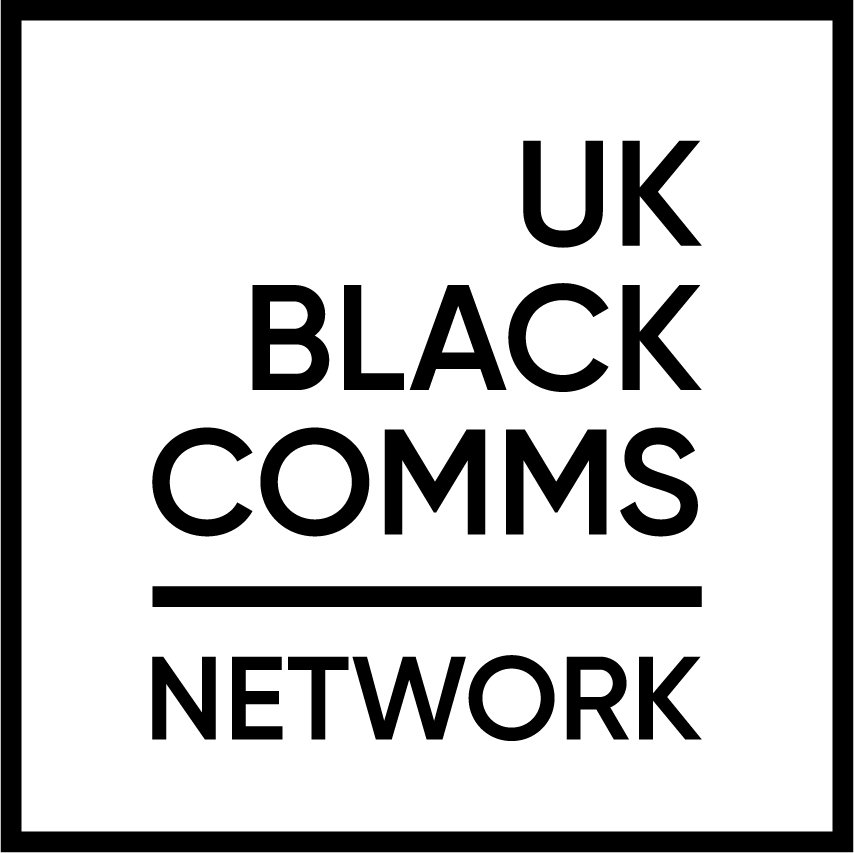1 Step Forward, 2 steps Black
I did not expect my first piece as Chair of Black Women In Comms, UK Black Comms Network to be a piece highlighting yet another diversity issue within the PR industry but alas here we are.
I have always been a proud advocate of Black women in PR and comms; knowing so many talented women who have made strides whether in house, agency or as independent business owners. There are so many bold and vibrant minds who are shaping conversations and making waves and yet it continues to be an uphill struggle for the industry to recognise and celebrate them.
In 2017, I wrote a piece for the Women In PR website on becoming visible in an industry that seems intent on maintaining my invisibility. “I do not want to remain invisible until someone realises that they have a black person missing from their diversity panel.”
I also spoke about the importance of intersectionality when looking at this too because of course when we speak about diversity it is not simply one set thing:
“Let us look deeper into this, at intersectionality: Are LGBTQ, disabled and ethnic minority women in PR given fair opportunities to be seen outside the diversity spectrum? Aside from the odd diversity panel or discussion, are we placing a spotlight on the dynamic range of professionals in the sector who represent the rich tapestry of multiculturalism which makes up our nation?”
In 2021 I joined the Women in PR board committee, Anna Geffert was president and was intentional about having a vibrant board. Two key figures who were also on the board and were active members were Addy Frederick as Treasurer and Ngozi Emeagi as Vice President. It was a good experience overall and I felt that the organisation, though needed to improve its membership diversity was moving in the right direction. I was only able to commit to a year as I had a baby (who is amazing by the way) and decided to take extended maternity leave.
I also wanted to reflect on my role and position on boards within organisations and institutions. I appreciate the importance and value of representation but I believe that for true change to take place disruptive leadership requires intentional and dedicated change. I was finding that my presence on boards didn’t translate to long term impact in the way that it should have. Afterall if I left a board,was the organisation still committed to real inclusivity? Or would it simply argue that finding diverse talent is difficult/challenging? With the incredible work that organisations like the UK Black Comms Network and BME PR Pros are doing in the industry there’s no longer any excuse that talent cannot be found. So it came as somewhat of a surprise that the new Women In PR shadow board did not reflect the diversity and inclusion that the industry says it is committed to - it also struck me that PR Week didn’t flag this to be an issue when sharing the announcement.
Again I understand that there are certain identifiers which are not visible (as per my quote above regarding intersectionality) but to not have a single Black woman on the shadow board begs the question that even visible representation appears to be something that only Black women are to address and if we are not there it will not happen.
Marlon James once spoke about the lack of diversity in publishing: “Why do we need a black person on a panel to talk about inclusion when it’s the white person who needs to figure out how to include?”. I think about this often when I reflect on DEI across a multitude of industries.
I think about the fact that it would appear that if we do not speak up for ourselves very few of our so-called allies will speak up to address the imbalances within the industry.
I think about how tired many of us are of repeating ourselves and the impact it has on our overall wellbeing, how it strips away from our joy of being.
I hope those who need to make a change think about the impact of their lack of wilful intent and commitment to change leads to an erasure of Black women on paper but not in spirit. Because even when we are tired we persist and we continue to do the work to uplift each other regardless of being in an industry that wants to make us invisible.

